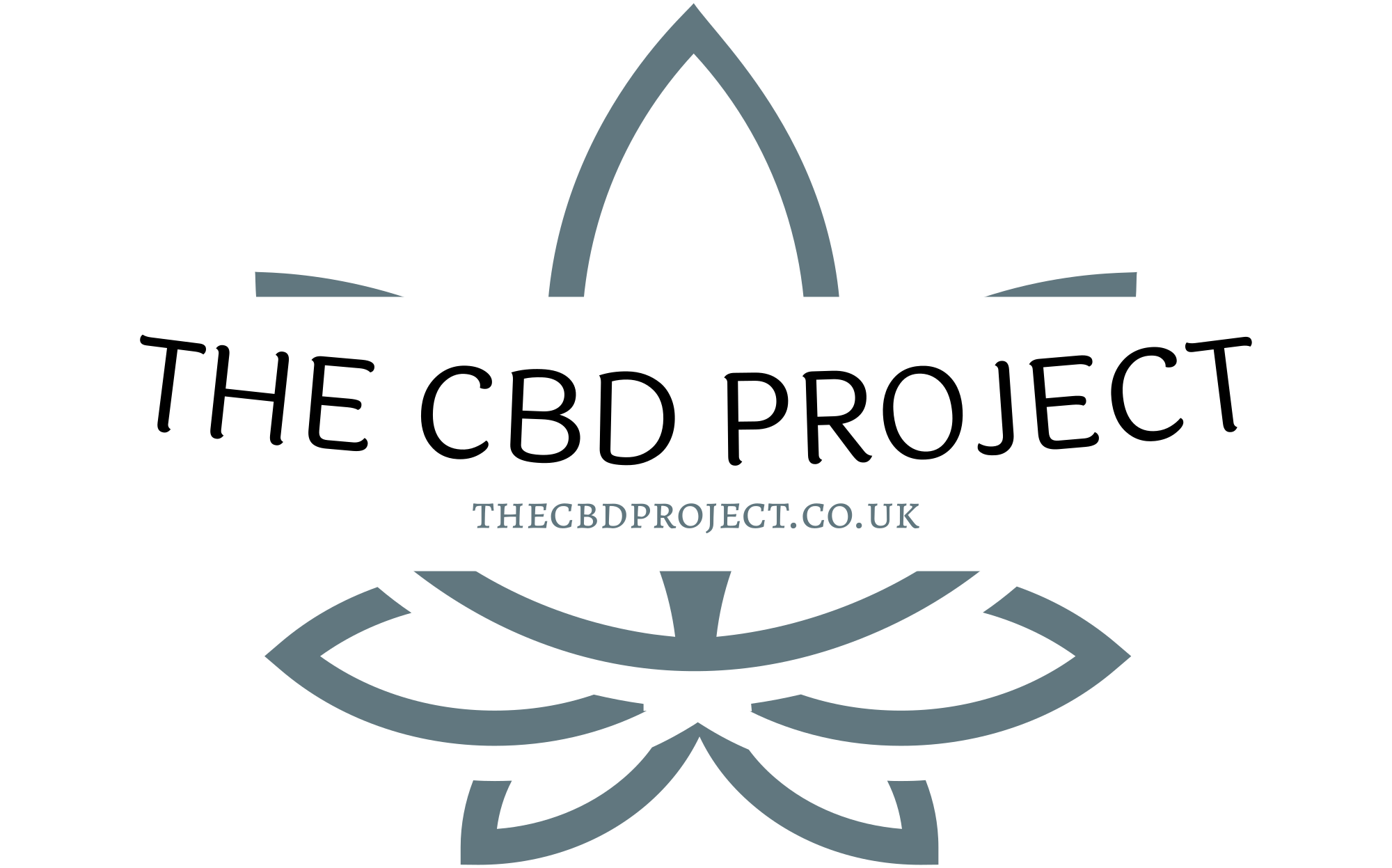Introduction
We’ve all experienced the unpleasant aftermath of a night of heavy drinking – the dreaded hangover. Hangovers can leave us feeling groggy, nauseous, and with pounding headaches. While there’s no magical cure for a hangover, there are several strategies you can employ to alleviate the symptoms and help your body recover faster. In this comprehensive guide, we will explore various tips and remedies to get rid of a hangover and get you back on your feet.
Stay Hydrated
- Alcohol is a diuretic, which means it increases urine production and can lead to dehydration. Replenishing your body with fluids is crucial to combat a hangover. Drink plenty of water throughout the day to rehydrate your system.
Replenish Electrolytes
- Alcohol depletes essential electrolytes, such as sodium, potassium, and magnesium. Consider drinking sports drinks or consuming electrolyte-rich foods, like bananas or coconut water, to restore these vital nutrients.
Get Plenty of Rest
- Hangovers often come with fatigue and exhaustion. Allow your body to recover by getting adequate rest. Take a nap or try to get a full night’s sleep to help restore your energy levels.
Eat a Nutritious Meal
- Eating a balanced meal can help stabilize your blood sugar levels and provide essential nutrients. Opt for foods rich in complex carbohydrates, lean proteins, and healthy fats. Avoid greasy or heavy foods, as they can further upset your stomach.
Avoid More Alcohol
- While it may be tempting to reach for a “hair of the dog” to alleviate your hangover symptoms, drinking more alcohol will only prolong your recovery. Give your body time to detoxify and heal.
Take Over-the-Counter Pain Relievers
- Nonsteroidal anti-inflammatory drugs (NSAIDs), such as ibuprofen or aspirin, can help relieve headache and muscle aches associated with hangovers. Follow the recommended dosage instructions and consult with a healthcare professional if you have any underlying conditions or concerns.
Rehydrate with Herbal Tea or Electrolyte Solutions
- Sip on herbal teas like ginger or peppermint, which can help soothe an upset stomach. Alternatively, you can try rehydration solutions specifically designed to replenish fluids and electrolytes.
Rest and Relax
- Give your body a break and engage in activities that promote relaxation. Take a bath, practice deep breathing exercises, or meditate to alleviate stress and help your body recover.
Drink Ginger or Peppermint Tea
- These herbal teas can have soothing effects on the stomach and alleviate nausea. Sip on them slowly to calm your digestive system.
Use Cold Compresses or Ice Packs
- Apply cold compresses or ice packs to your forehead or the back of your neck to help reduce headache pain and provide relief.
Consume Vitamin B-Complex
- Alcohol can deplete B vitamins in the body. Taking a vitamin B-complex supplement or consuming foods rich in B vitamins can help replenish these essential nutrients.
Try Natural Remedies
- Certain natural remedies, such as milk thistle, prickly pear extract, or activated charcoal, are believed to help reduce hangover symptoms. However, more research is needed to confirm their effectiveness.
Stay Active
- Engaging in light exercise, such as taking a walk, can help improve blood circulation and boost your mood. However, avoid intense workouts as your body needs time to recover.
Drink Clear Liquids and Broths
- Clear liquids like water, clear soups, or broths can help rehydrate your body and provide essential nutrients.
Massage and Acupressure
- Gentle massage or acupressure techniques can help relieve tension and promote relaxation, easing some of the discomfort associated with hangovers.
Stay Cool and Comfortable
- Find a cool and quiet environment to rest and recover. Keep the room well-ventilated and use a fan or air conditioning if necessary.
Practice Moderation and Prevention
- The best way to avoid a hangover is to drink alcohol in moderation or abstain altogether. If you do choose to drink, do so responsibly and pace yourself. Alternate alcoholic beverages with water to stay hydrated.
Know Your Limits
- Understand your body’s tolerance for alcohol and know when to stop. Drinking excessively increases the likelihood of experiencing a severe hangover.
Consider Professional Help
- If you find it challenging to control your alcohol consumption or if you frequently experience severe hangovers, it may be helpful to seek support from a healthcare professional or a support group specializing in alcohol-related issues.
Conclusion
While there is no guaranteed way to completely avoid a hangover, these tips and remedies can help alleviate the symptoms and promote a faster recovery. Remember, prevention is key, and drinking alcohol responsibly and in moderation is the best approach. If you have concerns about your alcohol consumption or find yourself frequently experiencing hangovers, seek guidance from a healthcare professional. Listen to your body, prioritize your well-being, and make informed choices to support a healthy lifestyle.
- Ultimate Relaxation: My Fun Review of Just CBD Bath Bombs, Lotion, and Massage Oil - September 10, 2024
- Armagnac Marijuana Strain - September 22, 2023
- How To Get Rid Of A Hangover - June 22, 2023
